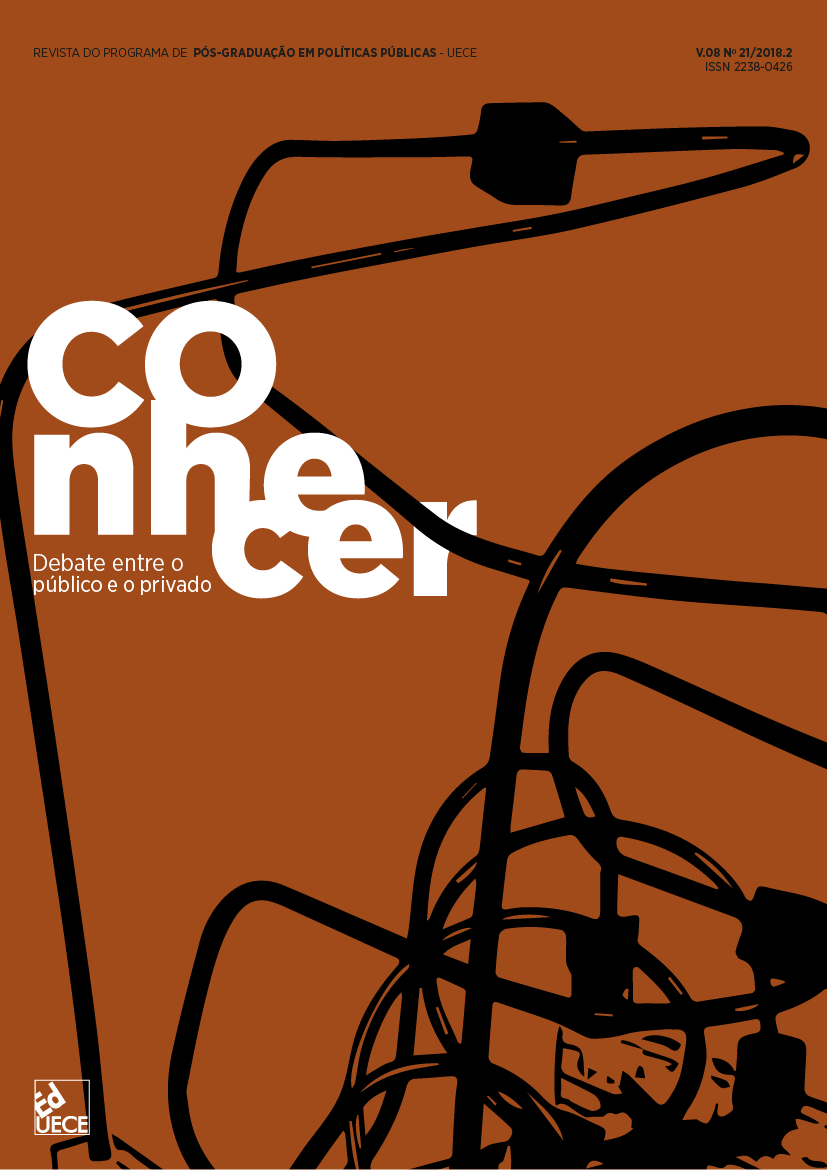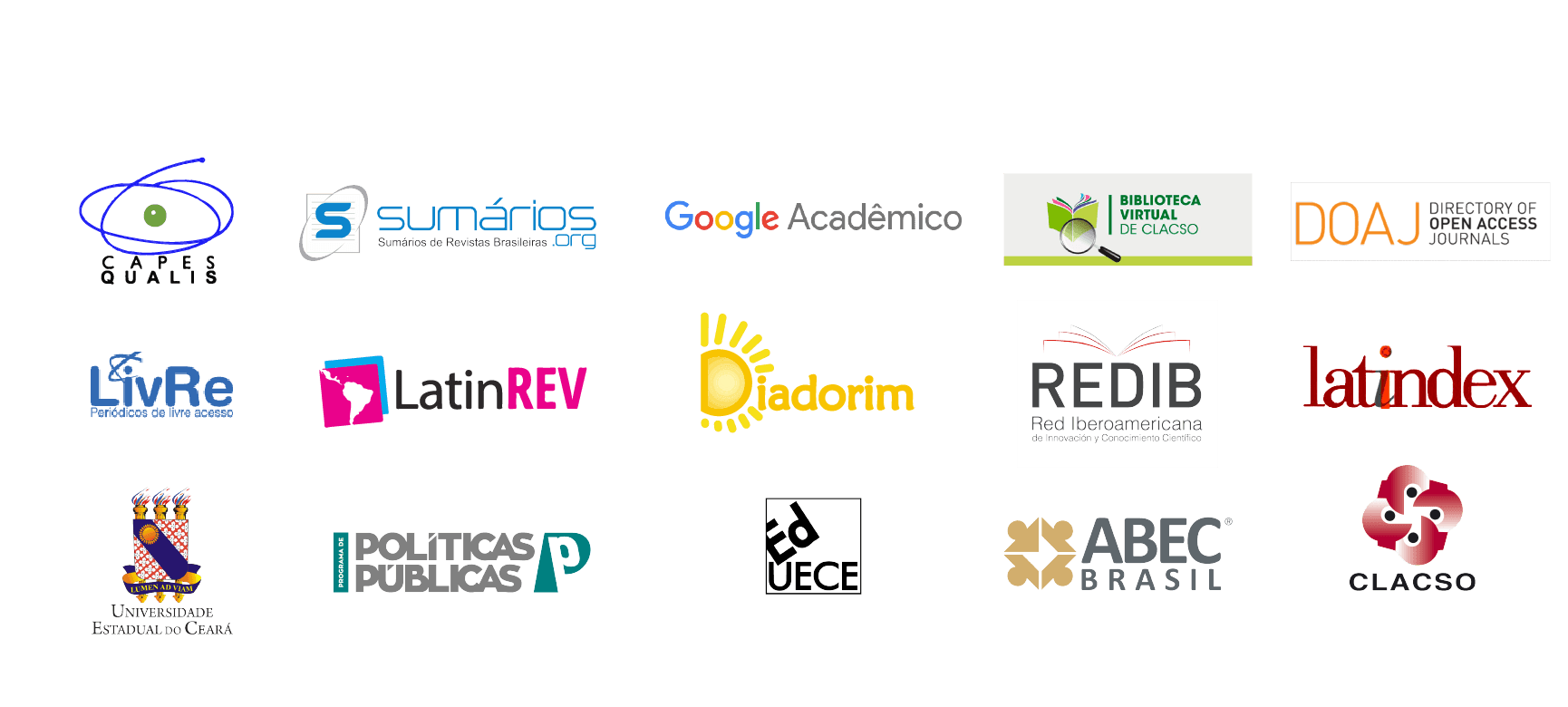Public policies for digital inclusion:
One Computer per Student project in Ceará
DOI:
https://doi.org/10.32335/2238-0426.2018.8.21.1125Keywords:
Digital information and communication technologies, Digital inclusion, Public policy, One Computer per Student projectAbstract
This article describes the deployment of the Brazilian One Computer per Student (UCA) project as a public policy, based on Mark Warschauer’s digital inclusion model. Governments have deployed public policies to insert digital information and communication technologies (DICTs) into pedagogical practice, promoting digital and social inclusion. In Brazil, the government deployed the UCA in an attempt to improve basic education, provide digital inclusion for students and their families, and increase the technology production chain. Through qualitative, descriptive, and documentary research, this study applies Mark Warschauer’s digital inclusion model and identifies the physical, human, digital, and social resources of the UCA in Ceará.
Downloads
Downloads
Published
How to Cite
Issue
Section
License
Authors who publish in this journal agree with the following terms:
- Authors retain the copyright and grant the journal the right of first publication, and the study is simultaneously licensed under the Creative Commons Attribution License, which allows sharing the study by acknowledging authorship and initial publication in this journal.



